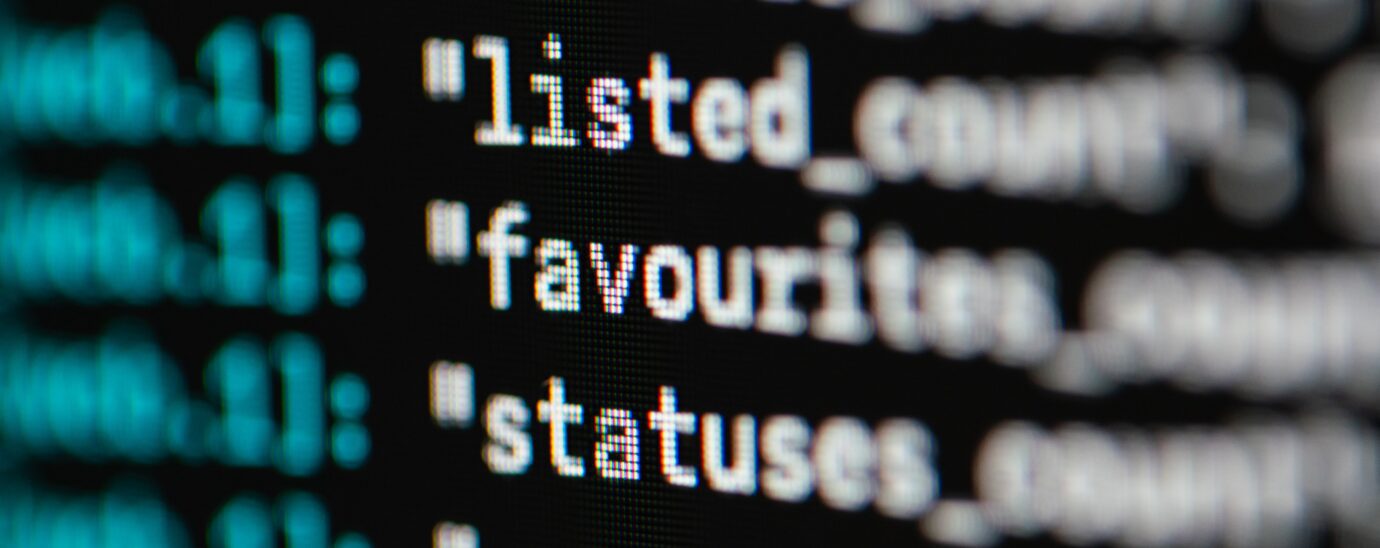Adam Palmer • 05th December 2025
For a modern business, an ERP system should be a powerful enabler. One that drives agility, delivers real-time insights, and helps drive strategic growth — not something teams feel the need to work around. Yet too often, legacy ERP systems quietly drag down performance and decision-making. Instead of supporting the business, they can create friction,...

